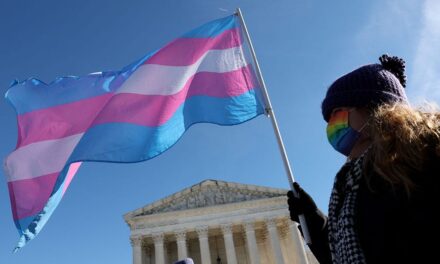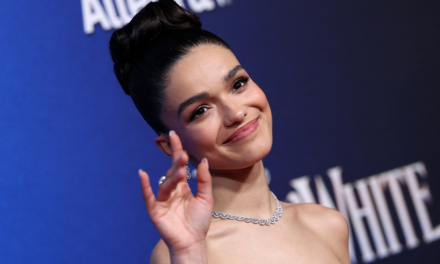In the two months since she officially became the Democratic vice presidential nominee, Kamala Harris has yet to conduct a formal press conference. Her absence from the traditional Q&A sessions has raised questions and concerns among both media and voters about her public accessibility and transparency.
Since being announced as Joe Biden’s running mate, Harris has participated in various interviews and public appearances, yet the expected press conference—an opportunity for journalists to ask unscripted questions and engage in a comprehensive dialogue—remains notably absent. This unusual approach has been a topic of discussion, especially given the high stakes of the 2020 election and the unprecedented challenges the nation is facing.
Harris’s communication strategy has differed significantly from previous vice presidential candidates. Her media engagements mostly consist of short, controlled interviews and appearances where the questions are often predetermined. Critics argue that this method limits the depth of inquiry and restricts the opportunity for the public to gain a thorough understanding of her positions on various critical issues.
For context, Biden, when he was named Barack Obama’s running mate in 2008, held a press conference just four days after the announcement. In contrast, Harris has taken a more reserved approach during her 60-day period as the nominee. This deviation from the traditional media engagement strategy may be a calculated effort by the campaign to manage her exposure and control the narrative.
Supporters of Harris point out that she has a demanding campaign schedule and is dealing with a unique election environment dominated by the COVID-19 pandemic. They argue that her televised and social media appearances have effectively communicated her message and policy views to the electorate. They also emphasize that Harris has participated in more town halls and virtual events than any previous vice-presidential candidate, offering plenty of opportunities for voter engagement.
Nonetheless, some political analysts believe that holding a formal press conference is an essential aspect of democratic accountability. Without such an open forum, they argue, it is challenging for the media to scrutinize and question the specifics of her policy positions thoroughly. Furthermore, the absence of a press conference can be perceived as avoiding direct and unscripted engagement with the public and press.
As the election approaches, the spotlight on Kamala Harris’s media strategy is likely to intensify. Whether or not she will eventually hold a formal press conference remains to be seen. What remains clear is that this break from tradition continues to spark debate and speculation about its implications on her campaign and public image.
































